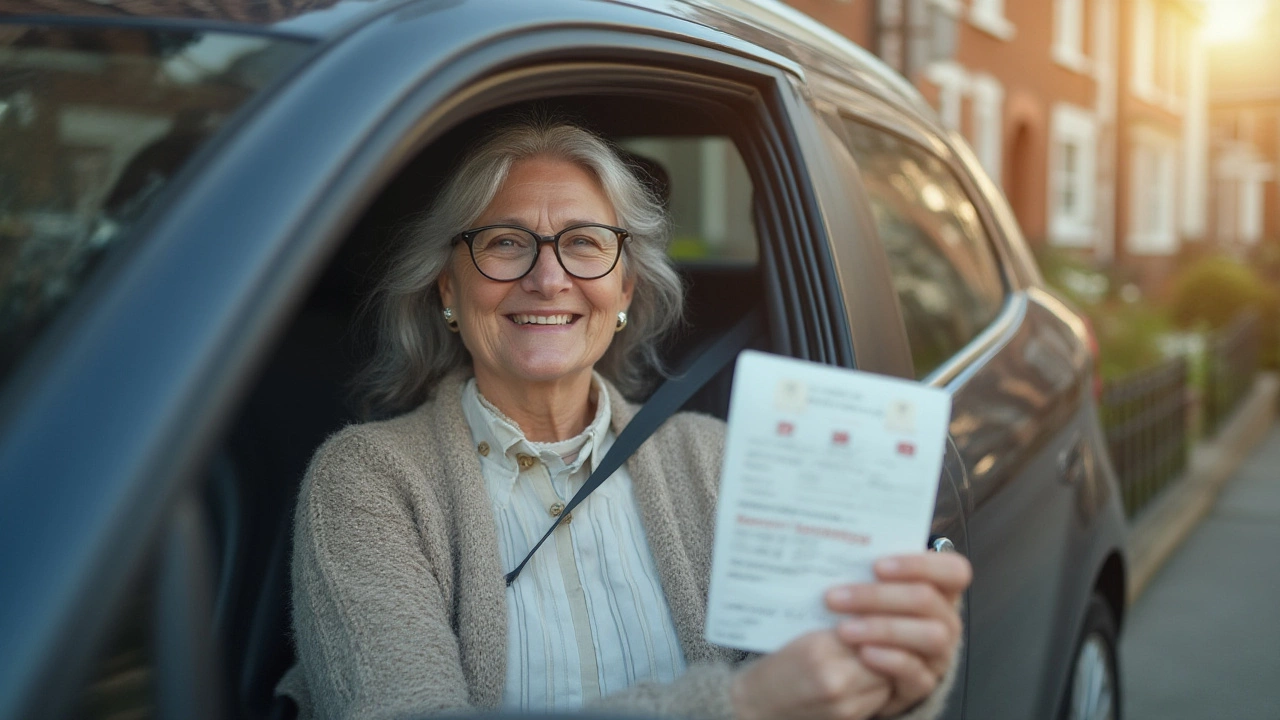Late Start Driving: What You Need to Know When You Begin Later
Thinking about getting behind the wheel after a few years, or even decades, of not driving? You’re not alone. Many people pick up a licence in their 30s, 40s or beyond, and they succeed just fine. The key is to treat it like any other new skill: start simple, practice often, and stay patient.
Why Start Driving Late?
Life can change quickly. A new job, a move to a rural area, or simply the desire for independence can push you to learn to drive later than most. The good news is that adult learners often bring strong motivation and better judgement to the table. You’ve likely dealt with complex situations at work or home, so making quick, safe decisions on the road comes more naturally.
Another perk is that you can pick a learning schedule that fits your life. No need to rush through lessons just because you’re under a certain age. You can spread out theory study, practice sessions, and test bookings to avoid stress.
Practical Tips for Late‑Start Drivers
1. Build a solid theory foundation. Start with the official UK driving theory handbook or reputable online resources. Focus on road signs, legal limits, and hazard perception. Short, daily study sessions work better than cramming.
2. Choose the right instructor. Look for a teacher who respects adult learners and adapts lessons to your pace. A good instructor will explain why a maneuver is required, not just how to do it.
3. Practice in low‑traffic conditions. Begin on quiet residential streets before tackling busy roads. Use a familiar route to build confidence, then gradually add complexity.
4. Keep your nerves in check. It’s normal to feel anxious the first few times. Simple breathing exercises, a short warm‑up drive, and visualising a successful journey can calm nerves fast.
5. Use a checklist. Before each lesson, note what you want to practice – parallel parking, roundabouts, or night driving. After the session, jot down what went well and what needs work. This keeps progress visible.
6. Stay fit and alert. Physical health impacts driving. Regular exercise, proper sleep, and a balanced diet help keep reaction times sharp.
7. Leverage technology. Apps that simulate hazard perception, online mock tests, and dash‑cam reviews of your practice drives give instant feedback without extra costs.
Remember, getting a licence later doesn’t mean you’re playing catch‑up. It means you have a fresh start with the benefit of life experience. Stick to a routine, ask questions, and celebrate small wins – like mastering a three‑point turn. Before long, you’ll feel as comfortable on the road as anyone who started younger.
Ready to take the next step? Grab a theory guide, book a trial lesson, and set a realistic timeline. With steady effort, you’ll be driving confidently and safely, no matter when you began.
- July 4 2025
- 0 Comments
- Rowan Cavendish
Is There an Age Limit for Learning to Drive? Tips & Facts for Older Beginners
Is there such a thing as too old to start driving? Get facts, stats, and expert tips for older beginners. Age is just a number—see how you can succeed.
- Driving Lessons (42)
- Driving Test Tips (34)
- HGV Training (32)
- Driving Test Booking (28)
- Driving Licence Renewal (26)
- Driving Theory Test (21)
- Intensive Driving Course (19)
- Pass Plus Course (15)
- Driving Tips (15)
- Driver Licensing (14)
Categories
- February 2026 (4)
- January 2026 (13)
- December 2025 (15)
- November 2025 (13)
- October 2025 (21)
- September 2025 (5)
- August 2025 (8)
- July 2025 (30)
- June 2025 (30)
- May 2025 (30)
- April 2025 (31)
- March 2025 (30)
Archives
- driving lessons
- driving test
- driving tips
- driving test tips
- intensive driving course
- HGV training
- learn to drive
- driving theory test
- driver training
- pass driving test
- driving test booking
- HGV driving
- road safety
- Virginia driving test
- driving license renewal
- Virginia driver's license
- learner drivers
- safe driving
- driving license
- learning to drive

